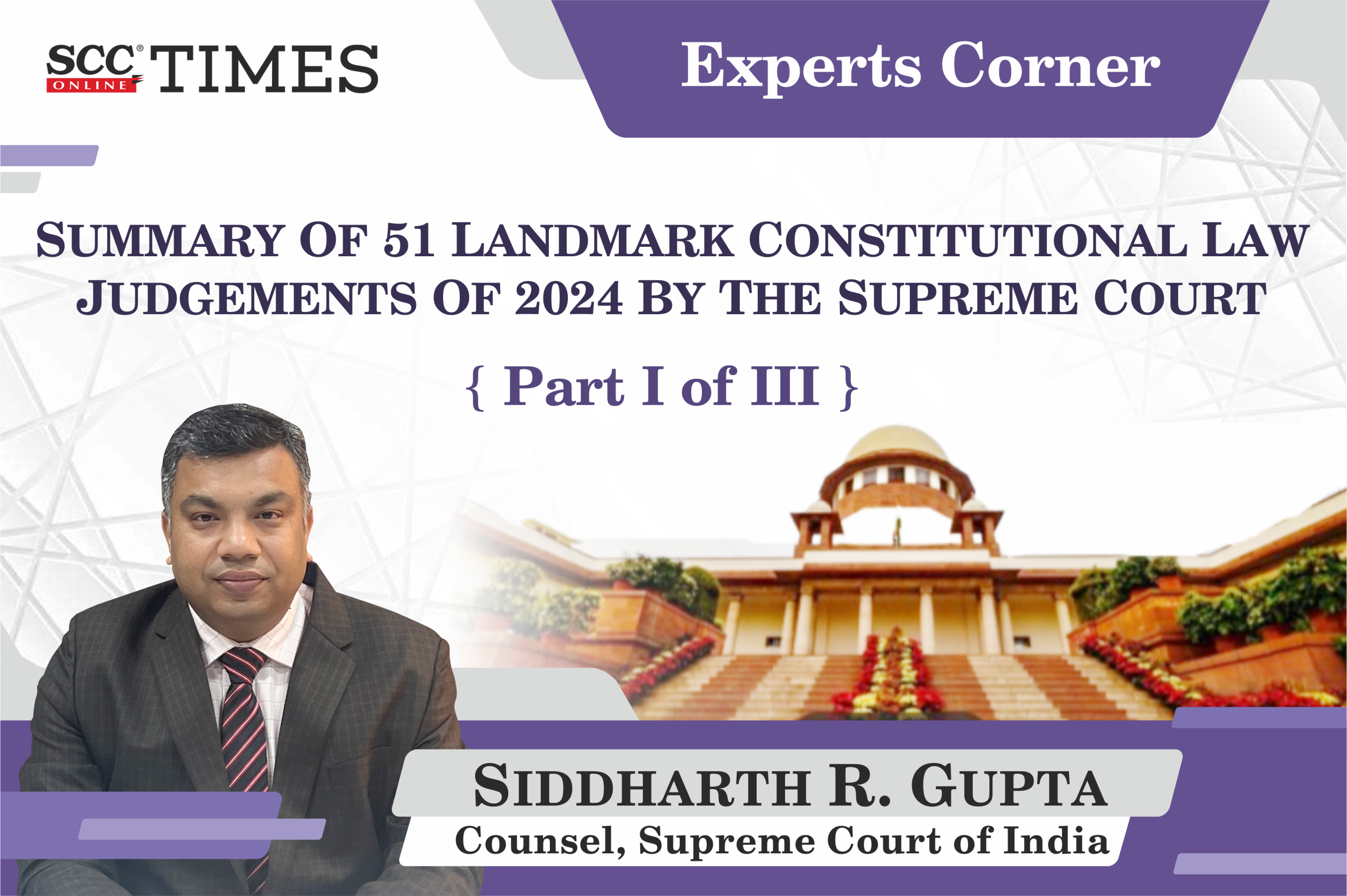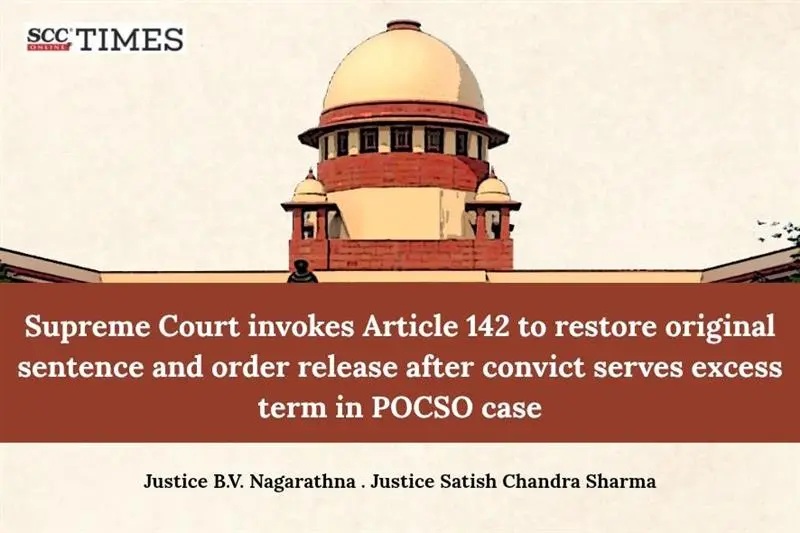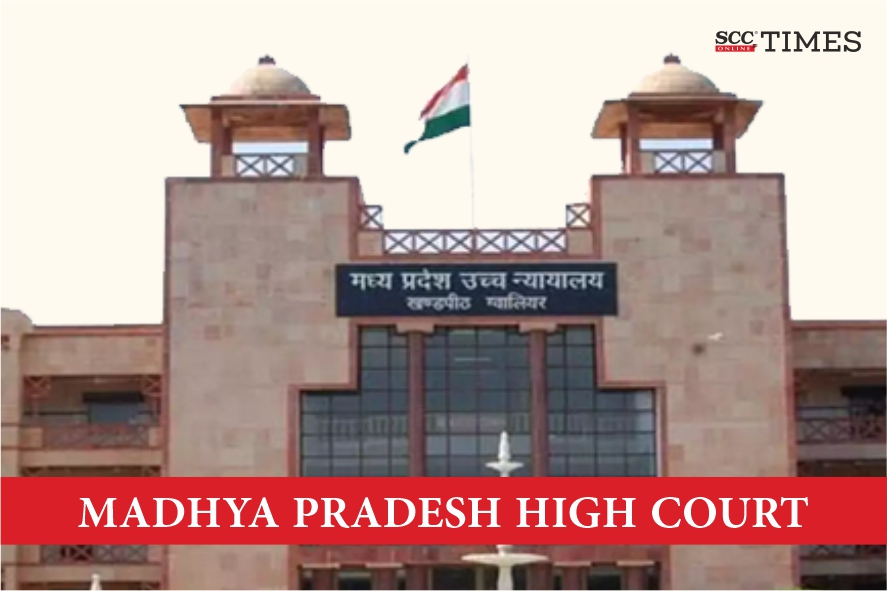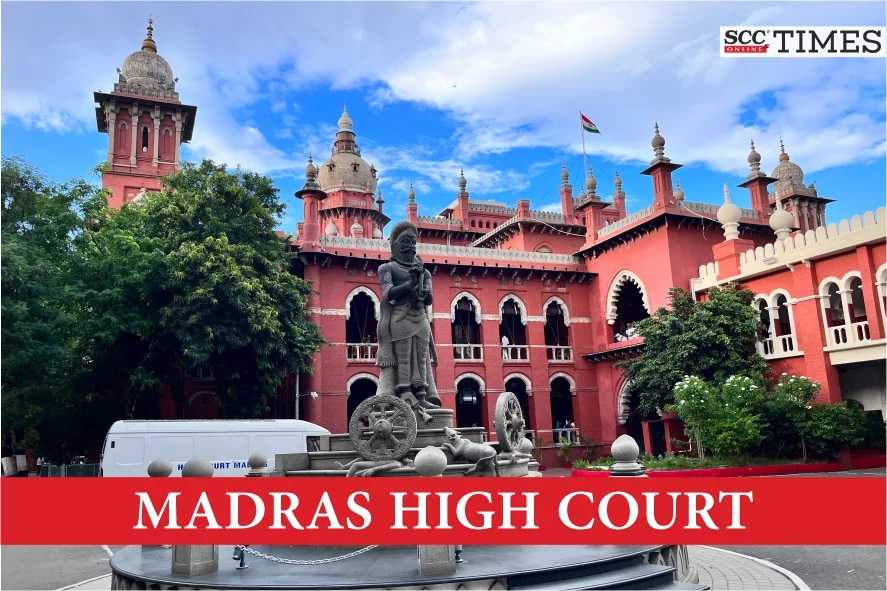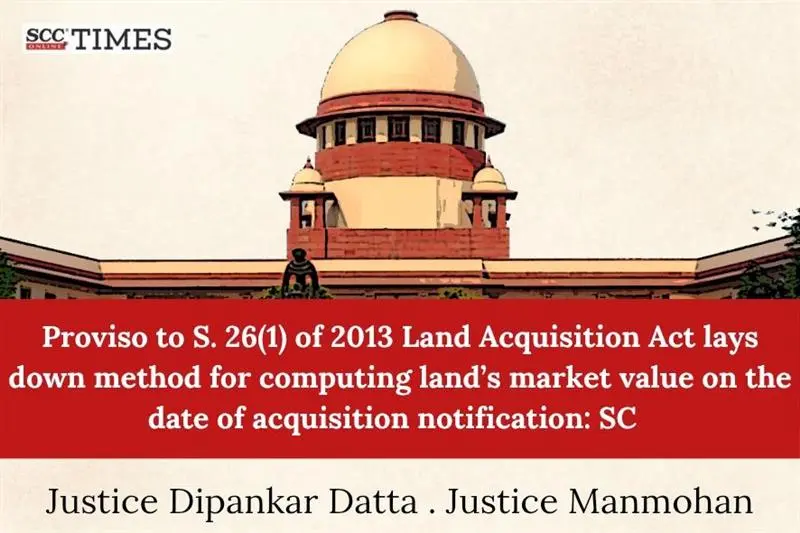Delhi High Court: In a bail application filed by the Head of the Business Department and the Chief Business Strategy Officer (‘the Officer’) of the IL & FS Securities Services Ltd. (‘ISSL’) under Section 439 of the Code of Criminal Procedure, 19731 (‘CrPC’) to seek regular bail in connection to a First Information Report (‘FIR’) registered under Sections 420/409/467/471/120-B/34 of the Penal Code, 18602 (‘IPC’), a Single Judge Bench of Vikas Mahajan, J. noted that the custody of the Officer was no longer required and hence granted him regular bail.
Background
The facts of the present matter are that Dalmia Cements Bharat Ltd. (‘Dalmia Cements’) filed a complaint against Allied Financial Service Pvt. Ltd. (‘AFSPL’) regarding the fraudulent transfer of mutual fund units/securities worth Rs. 344.07 crores of Dalmia Cements wherein it was stated that the subsidiaries of Dalmia Cements — OCL India Ltd. (‘OCL’) and Dalmia Cements East Ltd. (‘DCEL’) were interested in making mutual fund investments in May 2017 because of which they opened demat accounts with National Securities Depository Ltd. (‘NSDL’) through its participant AFSPL.
Accordingly, demat accounts were opened in the name of OCL and DCEL. Several investments and redemptions were made in the said accounts from time to time and Dalmia Cements held securities worth Rs. 344.07 crores in the said accounts as of 28-12-2018. Later, OCL and DCEL merged into Dalmia Cements, which became the securities owner.
It was contended that Dalmia Cements submitted a redemption on 27-12-2018 but despite various requests, the redemption amount was not credited to the accounts. On 17-09-2019, the complainants reported the matter to the National Securities Depository Ltd. (‘NSDL’) which informed Dalmia Cements that no securities were available in their demat accounts vide its reply dated 25-01-2019.
The Director of AFSPL, vide email dated 31-01-2019, confirmed the holdings in the demat accounts to Dalmia Cements and regretted the delay in processing of redemption request while assuring that the same would be processed by 06-02-2019.
It was alleged that the Director had fraudulently transferred the credentials of Dalmia Cements in the account opening form and fed the wrong credentials to the NSDL server so that they would not receive any alerts regarding the transactions and that the Director had fraudulently transferred the mutual fund units of Dalmia Cement worth Rs. 344.07 crores by using delivery instruction slips that had forged signatures of the authorized signatories.
It was contended that during the investigation, the Officer of ISSL had facilitated the Director in using the fraudulently transferred mutual fund units for margin. Subsequently, a charge sheet was filed against the Officer, and he was taken into custody.
Vide order dated 10-11-2021 that was passed in the present petition, the petitioner was granted an extension of interim bail which was then extended from time to time, and thus, the petitioner continued to be on interim bail.
The Officer contended that ISSL does not have any access to the end client trading member and that his domain of work was only related to marketing. He also mentioned that he was never a director and had acted only on the instructions of his superiors.
The Officer submitted that the entire forgery was committed by the Director on the day the demat accounts were opened by manipulating the credentials and that he had been granted bail by the Court vide order dated 25-10-2021.
The Officer also contended that the payout/premium had been received and used by AFSPL and not by him. It was also submitted that he had been in custody for 15 months even though he had not been arrested during the investigation.
The Officer argued that he had been roped in through Section 120B of IPC which required a meeting of minds whereas he did not even communicate with the Director prior to 02-01-2019 which meant that there was no possibility that he was complicit with the Director.
The State submitted that the Officer was in gross contempt as he violated the order of the Court as he neither surrendered nor filed any application for the extension of the interim bail that was granted.
Analysis and Decision
Given the fact that the Officer was taken into custody only after he appeared pursuant to the issue of summons post filing of the charge sheet, the Court stated that the Officer ought to have been granted the concession of regular bail.
The Court stated that the contention of the respondent that the present petition could not be considered till the time the Officer surrendered did not carry much weight because given the law laid down in Court on its own motion v. CBI 2004 SCC OnLine Del 53 which was affirmed by the Supreme Court in Siddharth v. State of U.P. (2022) 1 SCC 676 as well as in Satender Kumar Antil v. CBI (2022) 10 SCC 51, the Officer ought to have been granted regular bail after he had appeared upon issuance of summons since he was never arrested during the investigation.
The Court also said that no complaint had been filed by any party regarding misuse of the concession granted to the Officer while he had been on interim bail for three years and that during his interim bail, the Officer had remained present on each date of hearing. Therefore, the Court said that the Officer was in constructive custody of the Court when the application for regular bail had been taken up for consideration.
After referring to various cases, the Court said that the Officer was in the custody of the Court without actual physical detention in jail as he had been directed to surrender on 20-11-2021, and thereafter, the Court had extended the interim bail till 22-11-2021 after which the Officer had been regularly appearing before the Court. Thus, the Court said that the Officer had submitted to the directions given.
Referring to the contention that the Officer should have approached the Magistrate first, the Court said that his bail application had been dismissed firstly by the Magistrate and then by the Additional Sessions Judge. The Court said that there was no restriction on the High Court to entertain a bail application directly on subsequent occasions provided that the accused is in custody and this position is obtained as soon as the accused surrenders himself to the Court. Therefore, the Court said that a direction to the Officer for filing his bail application before the Magistrate first was not warranted.
Further, the Court said that the circumstances had changed since the dismissal of the previous bail application of the Officer and noted that the Director had been granted regular bail and that the role of the Officer was much less serious than that of the Director. It was also noted that the Officer was a clearing agent, and his job was not that of a stockbroker since he merely acted as a facilitator between the stock exchange and the broker.
The Court also noted that the mutual funds in question had been returned to Dalmia Cements after furnishing a bank guarantee.
The Court stated that it could not be ignored that the Officer had already undergone 15 months in custody and that no useful purpose would be served in sending the Officer back to judicial custody to await the outcome when the trial was going to be a protracted one.
The Court noted that the investigation in the present matter was complete and since all incriminating documents had already been recovered by the investigating agency and made part of the charge sheet, the custody of the Officer was no longer required.
Thus, considering the circumstances, the Court granted bail to the Officer subject to furnishing a personal bond amounting to Rs. 50,000/- with one surety of a similar amount.
The Court, while disposing of the petition, subjected the bail of the Officer to the following directions:
-
That he shall appear before the Trial Court whenever the matter is taken up for hearing.
-
That he shall not contact or visit any prosecution witness or other person acquainted with the facts, and that he shall not tamper with evidence or be involved in any unlawful act.
-
That he shall provide the address of his residence and shall not change the same without informing the IO/SHO concerned.
-
That he shall provide his phone number to the IO/SHO concerned and shall not change the same without information.
[V. Hansprakash v. State (NCT of Delhi), 2024 SCC OnLine Del 5524, Decided on 07-08-2024]
Advocates who appeared in this case :
For Petitioner — Advocate Akshay Bhandari, Advocate Anmol Sachdeva, Advocate Megha Saroha, Party-in-person
For Respondent — APP Ritesh Kumar Bahri, Sr. Adv. D.N. Goburdhun, Advocate Viren Bansal, Advocate Manav Mitra
Buy Code of Criminal Procedure, 1973 HERE
Buy Penal Code, 1860 HERE
1. 483 of the Bharatiya Nagarik Suraksha Sanhita, 2023
2. 318(4)/316(5)/338/340(2)/61(2)/3(5) of the Bharatiya Nyaya Sanhita, 2023





